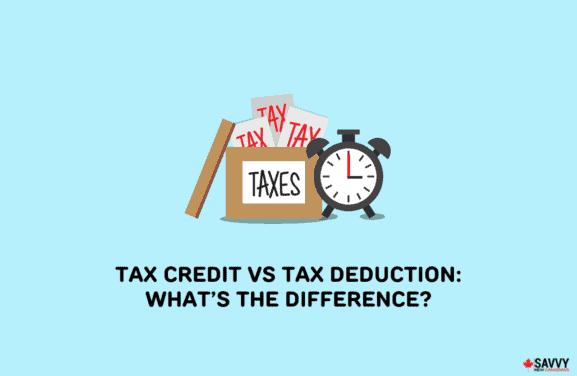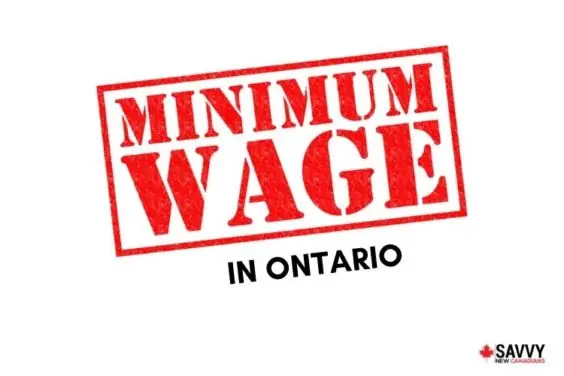The Registered Education Savings Plan (RESP) makes it easy to save for your child’s post-secondary education. While parents typically open an RESP for their child, anyone can contribute to an RESP.
That said, you must keep RESP contribution and withdrawal rules in mind to avoid issues later on.
Who Can Contribute To An RESP in Canada?
In general, anyone can open an RESP on behalf of a child and contribute to it, assuming it is an “individual RESP.”
An individual RESP is opened on behalf of one beneficiary. Parents, grandparents, guardians, uncles, aunts, family, friends, and even unrelated persons can open an individual RESP. They can also contribute to an RESP opened by someone else.
The thing to keep in mind is that contributions to the plan must not exceed the lifetime maximum limit available to the child, which is $50,000.
For a “family RESP,” which can have multiple beneficiaries, the account subscriber (i.e. the person who opened the RESP) must be related to the beneficiaries by blood or adoption.
Hence, unrelated persons cannot open RESP accounts on behalf of children with whom they have no familial relationship.
They can still contribute to a family RESP; however, no none really cares where you get the funds in an RESP. There are no tax deductions to be claimed for contributing to an RESP, so it doesn’t matter who contributes what.
For “Group RESPs,” check with the promoter, as they come with different rules for contributions and withdrawals.
Related: Best RESP Providers in Canada.
RESP Contribution Amounts
You can contribute up to a maximum of $50,000 to an RESP per beneficiary. There is no annual RESP contribution limit; however, only the first $2,500 generates government grants each year.
If you exceed the lifetime contribution amount, a 1% monthly tax is charged on the excess contribution until it is withdrawn.
How Much Money Does The Government Contribute To An RESP?
The government contributes 20 cents for every dollar you contribute to an RESP, up to $500 annually. This is referred to as the Canada Education Savings Grant (CESG). To get the maximum CESG each year, you need to contribute $2,500 or more to the RESP.
It is possible to double up on the CESG in one year if you have unused contribution room from previous years. If this is the case, you can contribute up to $5,000 in a single year and receive $1,000 in grant money.
The maximum lifetime CESG money you can get for each child is $7,200.
Middle- and low-income families can qualify for additional CESG, which helps them get CESG funds faster.
Lastly, low-income families can qualify for the Canada Learning Bond (CLB), which is up to an additional $2,000 per child.



